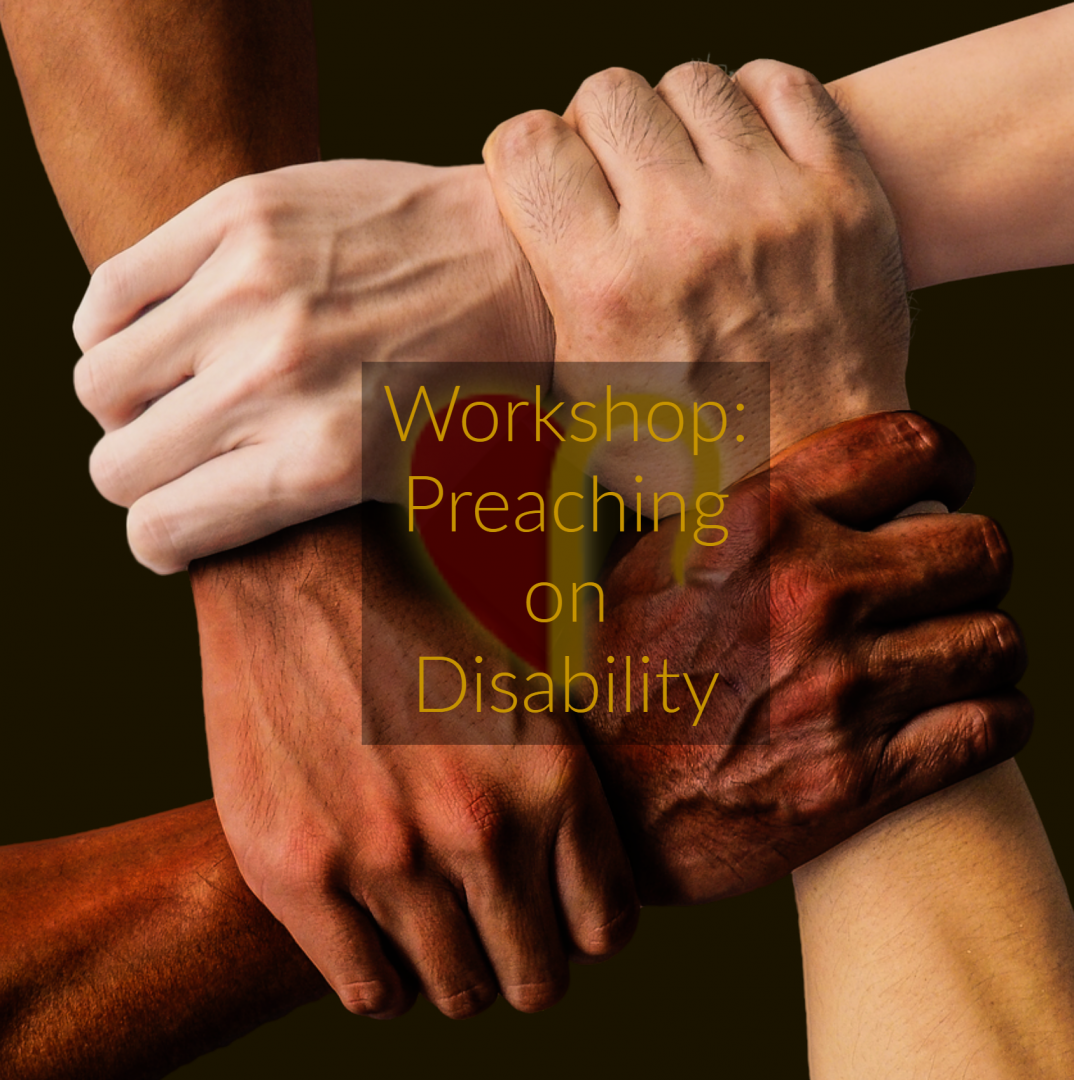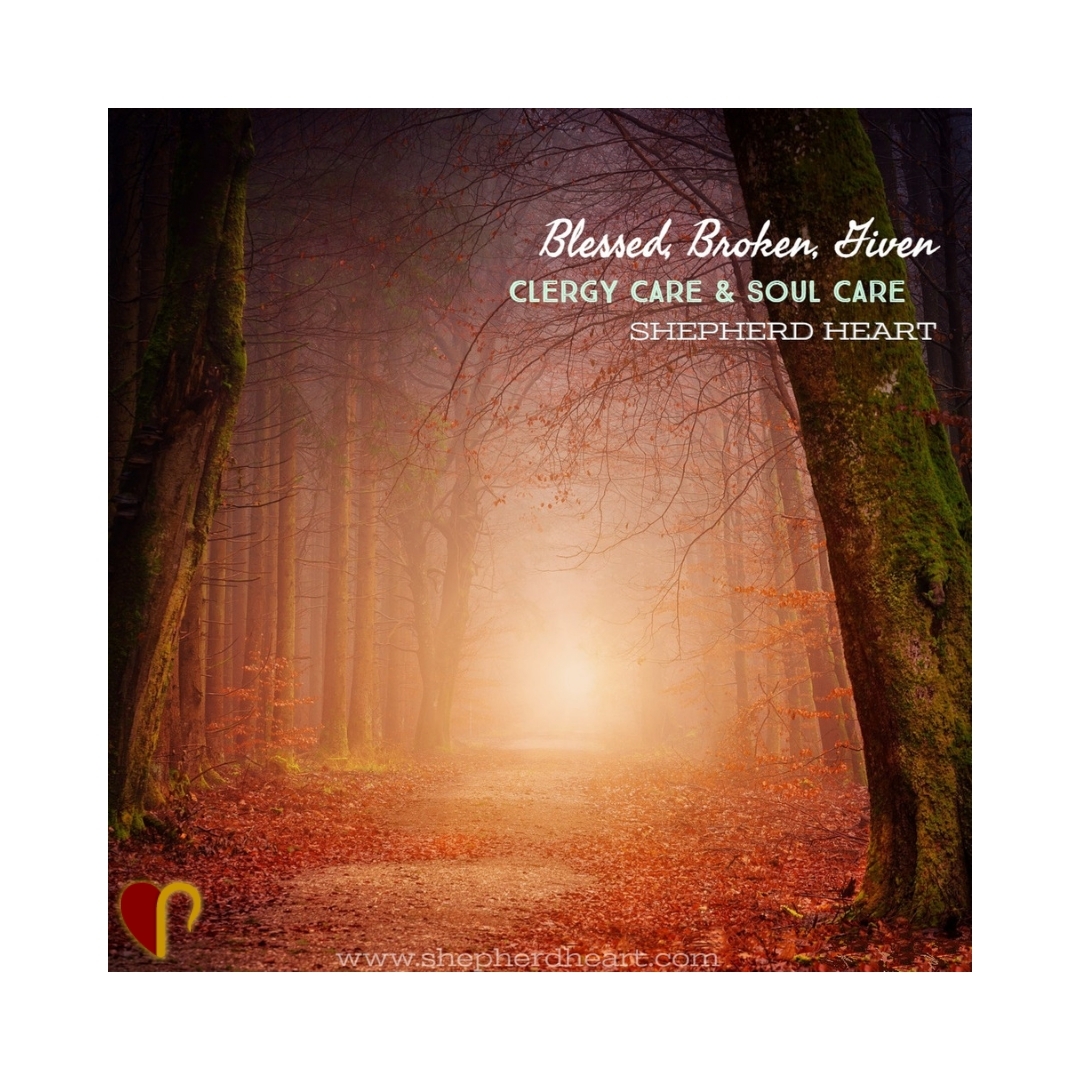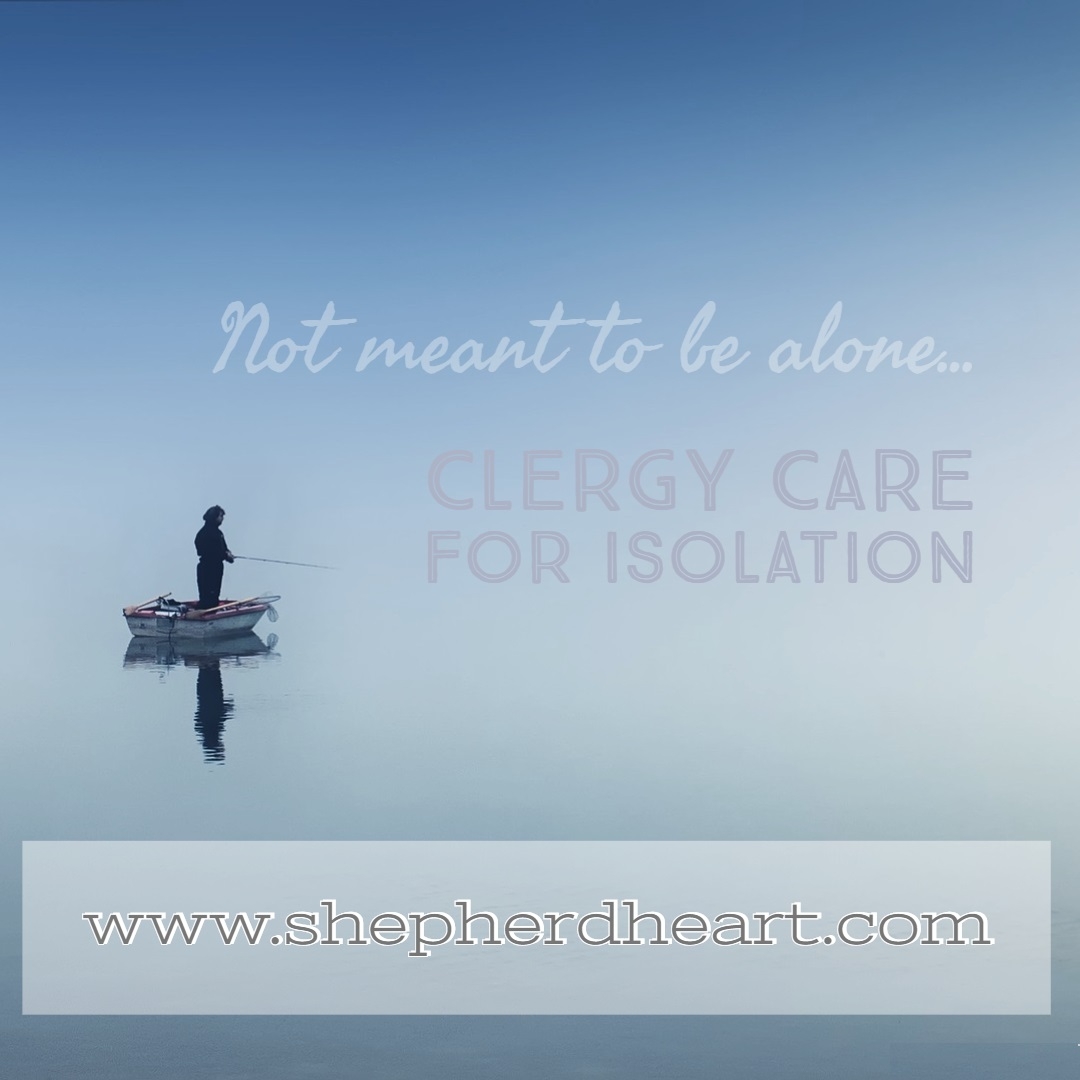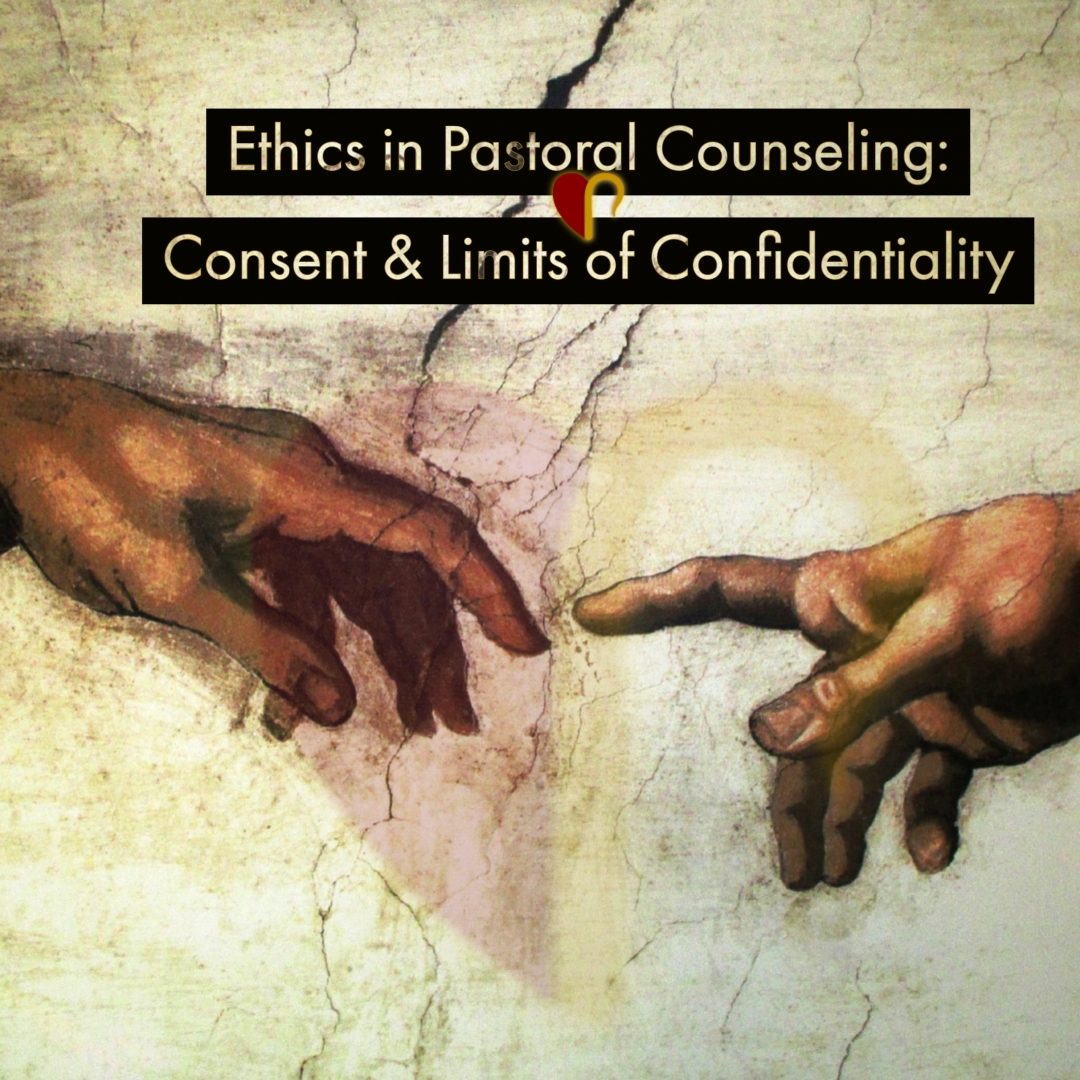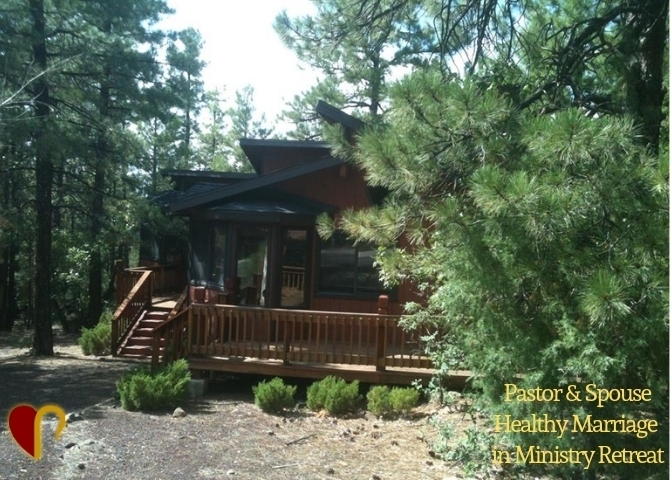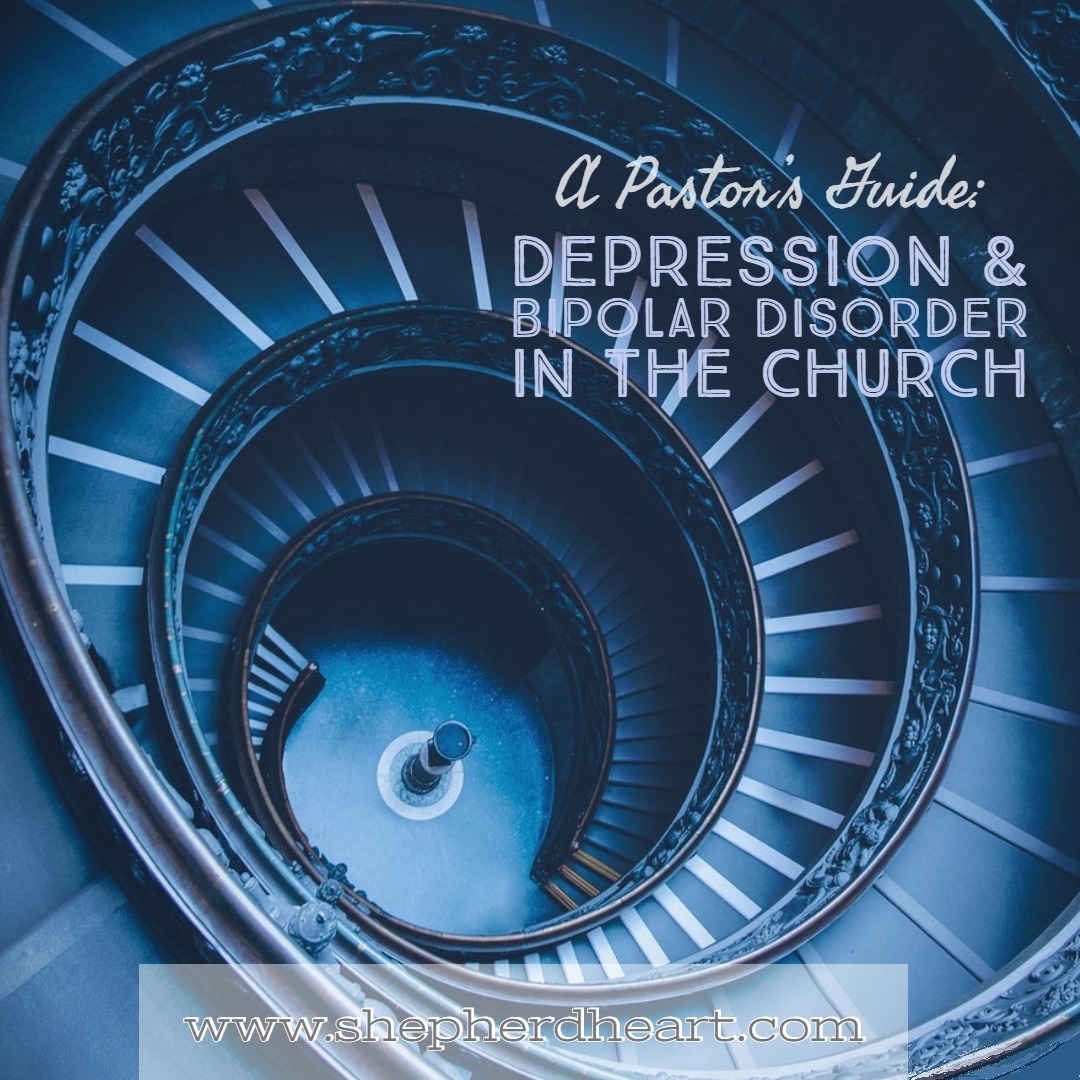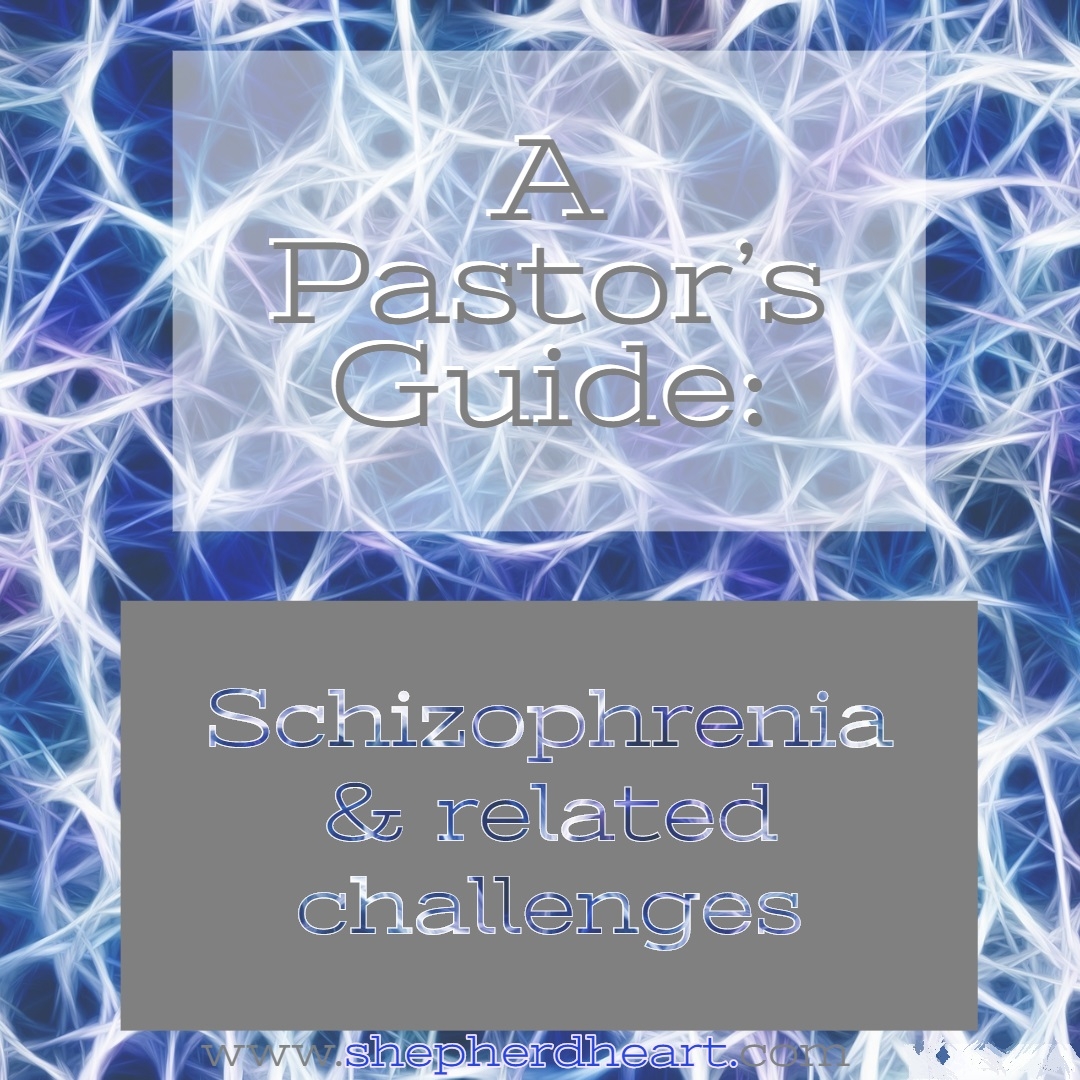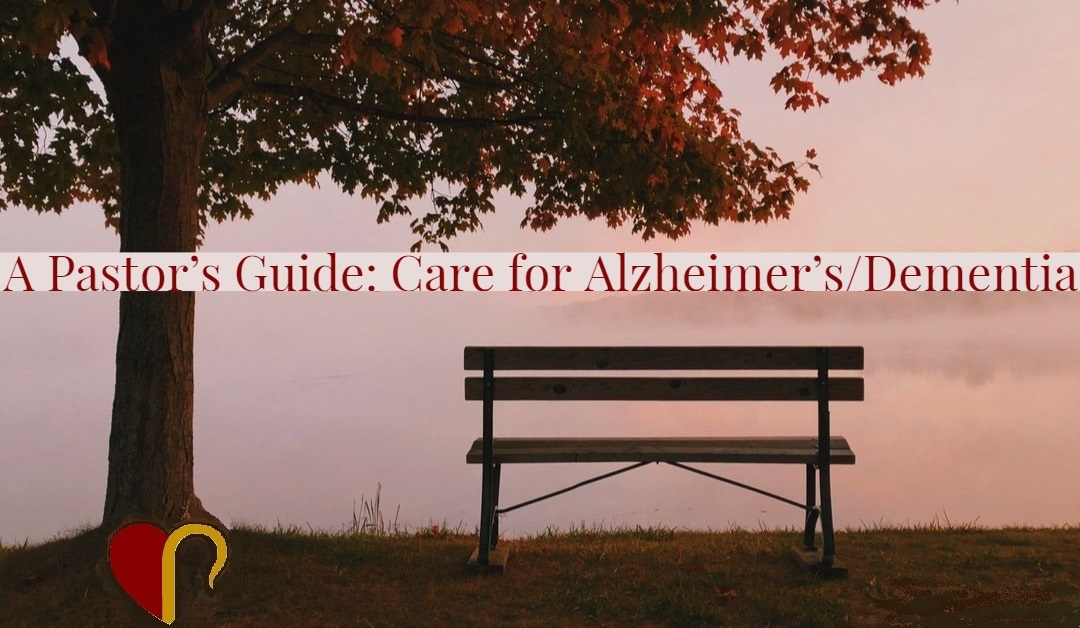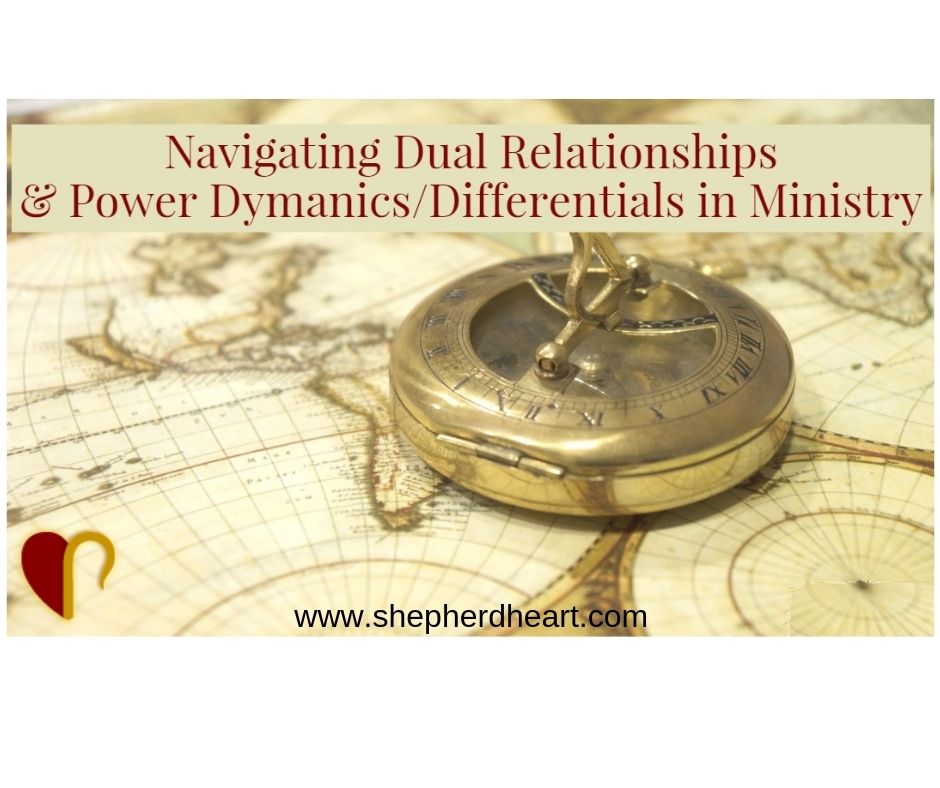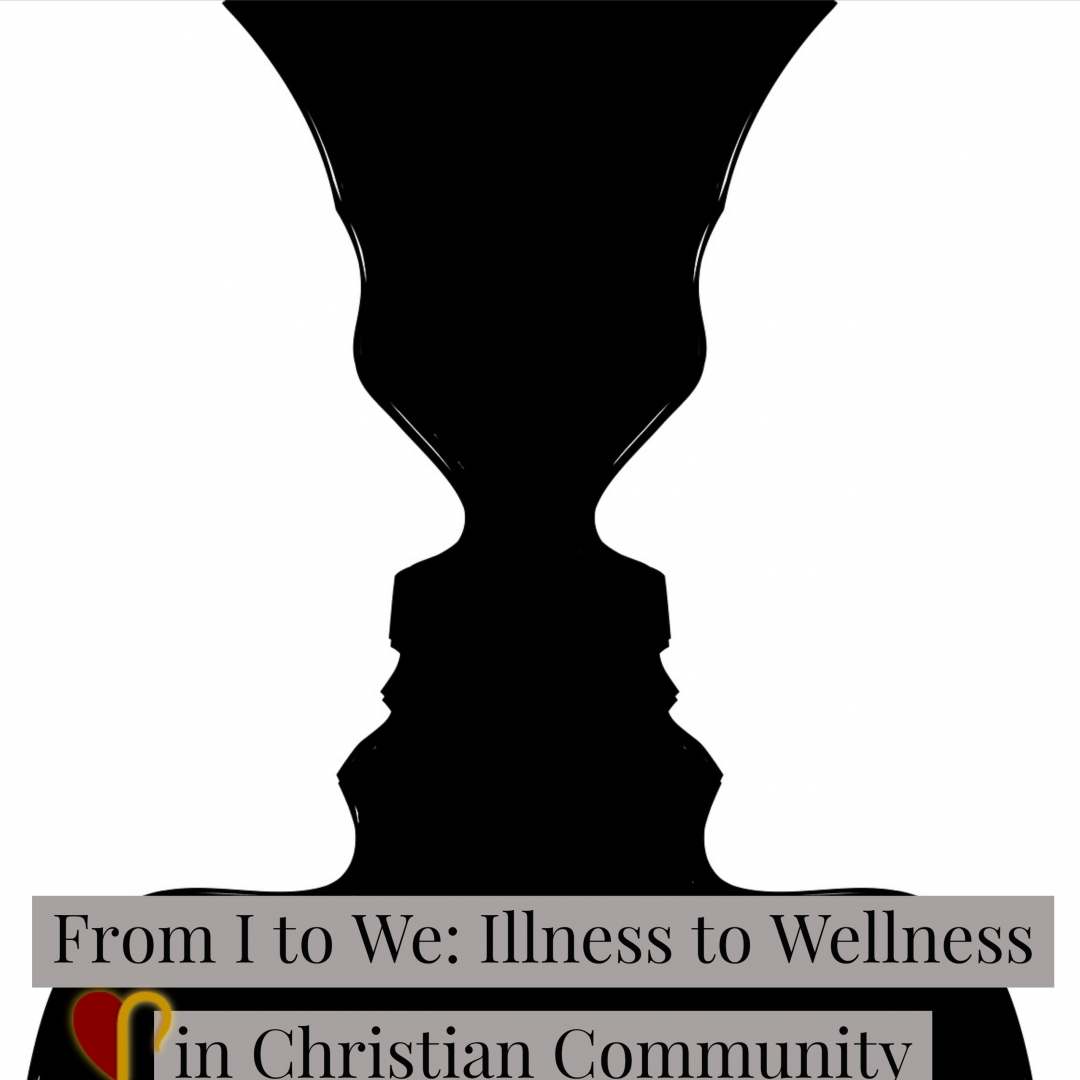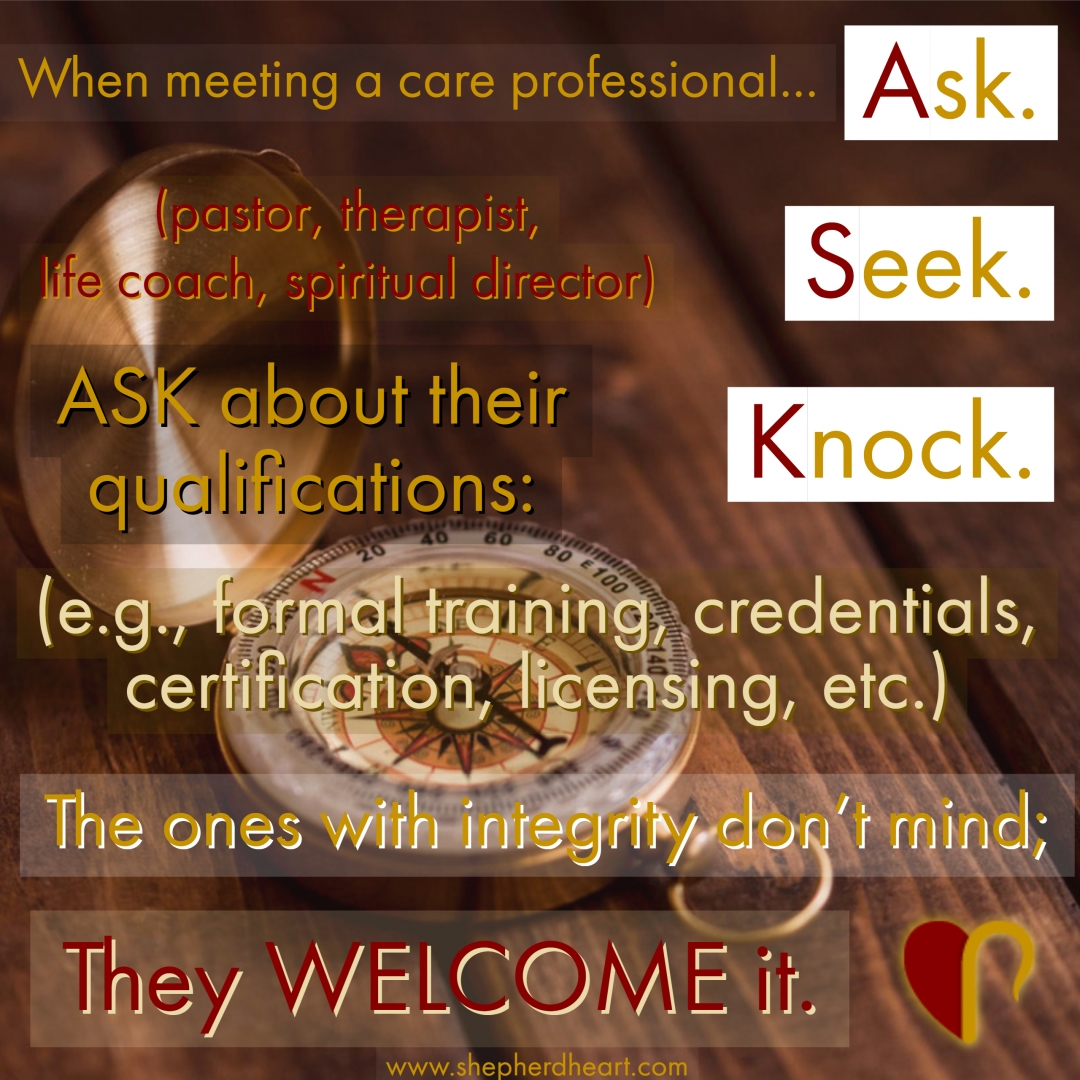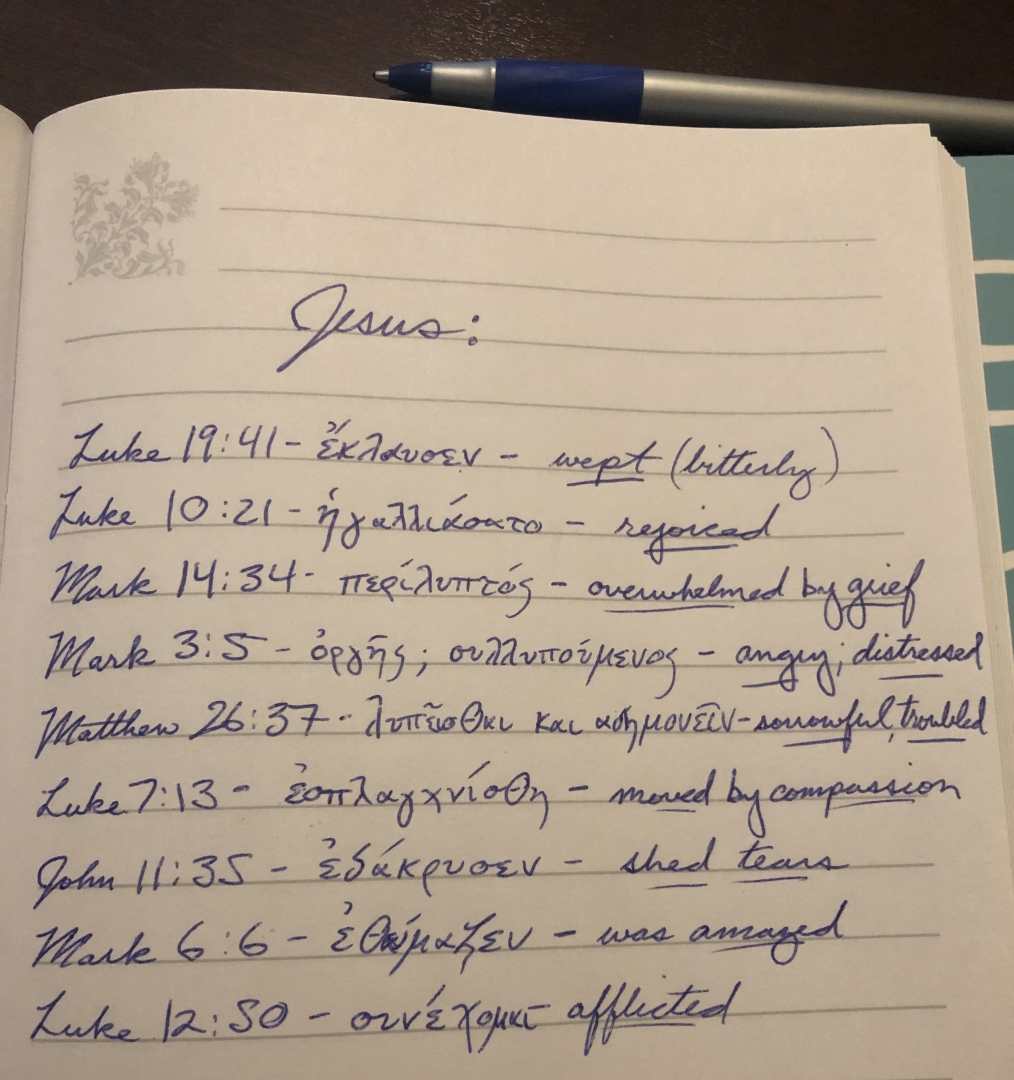Caring: A Journey Home
by Matthew Yoder
It takes me about four years to burn out completely, depending on how hard I push myself. When I say “burn out” I don’t mean that I get really tired and need to take a rest, or a break, or a vacation before continuing on. I mean I lose interest and motivation for what I’m doing to the point where my course through life is significantly altered. It happened first at the end of high school; a bad case of “senioritis.” It happened again about half way through college, then two-and-a-half years into seminary. I was able to hold onto my first pastorate for three-and-a-half years before succumbing to a malaise that would not lift; a malaise that would make it impossible for me to do my work. After reaching burn-out point, I was unable to transition out of that ministry for three more years. My small rural congregation, for whom life itself was a constant battle, was rightly furious with me for sponging off of their hard-won resources and I was powerless to do anything about it. I’d never been so trapped at the utter end of myself for so long, and the absolute necessity of self-care had never been more evident.
I’m learning that my most important personal asset is self-motivation, or personal will. Burn out manifests in me as a complete loss of motivation and will. In stress I begin endlessly ruminating on worst-case-scenario thinking. In addition, my inner voice engages in the worst, most creative and unending barrage of self-criticism you can imagine. As a highly sensitive person, almost everything causes me stress.
That’s how I used to get things done. I’d tell myself that if I didn’t get an A on that test, or finish high school, or go to college, or seminary, or make zero mistakes ever, then I’d end up holding a cardboard sign next to the freeway onramp, grow old and die utterly alone and penniless. Then came my first pastorate. I pushed myself as hard as ever to the point where I no longer found any amount of worst-case-scenario thinking or emotional self-mutilation the least bit motivating. I quite simply ran out of give-a-damn. But I was stuck. And I stayed stuck for the next three years, slowly bleeding out all of my passion and vision for the work I had so loved at the outset. Burn out is not the same as fatigue. Burn out is when something deep within you shifts from caring to unable-to-care.
I heard all about self-care from my counselors and spiritual directors. But I have a hard time putting my finger on exactly what is meant by “self-care.” What I’m beginning to suspect, for those of us in helping professions, is that it means treating ourselves with the same unconditional positive regard, patience, kindness, and non-judgment we offer those who come to us for care. In my first pastorate, I judged those around me with the same measure I used for myself, which is to say overly harshly. The more harshly I judged them the more harshly I judged myself and so on. Now in my second pastorate I’m beginning to relearn how to approach myself with the same tenderness and care I wish to offer those who come to me for help. I give myself permission. I forgive everything. I withhold judgment. I excuse myself, encourage myself, date myself, make time for myself. I’m learning to listen to my body; to stop and eat when I’m hungry, to stop and rest when I’m tired, to stop when I’ve been going for a long time, and, sometimes, to just stop. I try to listen patiently and compassionately to what my mind, my heart and my soul are trying to tell me. It is the difference between “driving” the self as if it were some tireless and expendable beast of burden, and receiving the self as a guest worthy of hospitality and an old friend worthy of deepest affection and grace.
The old passion for the work has not returned. My sermons are so-so. My organizational leadership is clumsy at best, and my administrative execution is downright abysmal. But my congregation knows that when they come into my office for help, they will be warmly welcomed, patiently listened to, and not judged. The particulars of self-care, I think, might not be as important as the relationship: as we get good at caring for ourselves through constant practice, and becoming reacquainted with our true nature or essence, so too we get better and better at caring for those we serve.
I’m beginning to think that this is what makes self-care so critically important, especially for us, and what has made “self-care” such a confusing concept for me here at this new beginning. The term implies a separation between the “self” and all else. I’m beginning to suspect that the distinction is somewhat false; that what we name “self-care” is in fact the simple practice of caring in general. As with everything else, so with caring: we cannot offer the world what we have not cultivated, nurtured, developed and mastered within. It is all one. And it begins with you.
Matthew Yoder is the pastor of Grace Mennonite Church in Pandora, Ohio. He holds a Bachelor degree in Culture, Religion, and Missions from Eastern Mennonite University and a M.Div. from Fuller Theological Seminary. He lives with his wife, three children and two cats in Bluffton, Ohio.
Shepherd Heart offers the ministry of one-on-one clergy care.
Take a look at upcoming events & ministries at Shepherd Heart. Share in the Shepherd Heart vision & mission.
If you support the vision and the mission of Shepherd Heart, you can give a gift to sustain its ministries.
Shepherd Heart is *not* a 501c3, and therefore gifts are not tax-deductible at this time. Your gifts of any amount are deeply appreciated.




